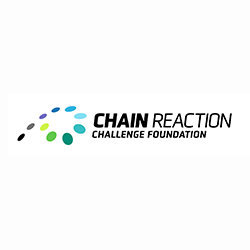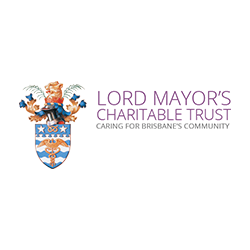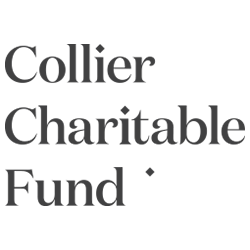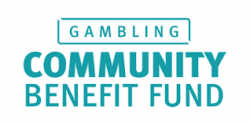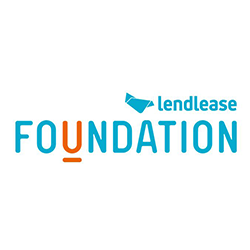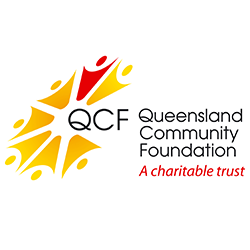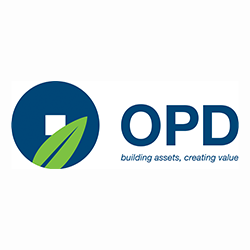NDIS Reform Impacts
Rapid, unannounced NDIS changes are creating uncertainty for autistic children, families, and service providers like AEIOU. Funding cuts of up to 70% are pushing families out of specialised therapy settings into mainstream settings that lack resources to support their needs, disrupting children’s progress and stability. This instability jeopardises children’s development and denies them access to the tailored intervention essential for their success in school and daily life.
What's changing?
On August 22, 2024, the National Disability Insurance Scheme Amendment Bill 2024 was passed by Parliament to ‘make the NDIS stronger and improve participant experiences’. However, significant changes are affecting how autism services are funded and accessed:
- Eligibility Assessment - Changes in how children’s eligibility is determined.
- Support Lists - New restrictions on what supports can be funded by the NDIS.
- Plan Management - Alterations in how plans are managed and how funds are allocated and spent.
- Funding Allocation - New rules dictating how funding must be utilised.
- Eligibility Reassessment - Stricter requirements for information gathering to reassess eligibility.
AEIOU clients have been exposed to changes in line with this Bill over a period of six months, with incidences increasing rapidly. These changes, which were set to take effect on October 3, 2024, are causing immediate and severe impacts on children, their families, service providers, and the autism community.

What's the problem?
The NDIS instigated changes relating to its proposed reform before the Amendment Bill was passed. This happened without clear communication or proper evidence-based decisions. The funding for autistic children under the age of 6 with high support needs has been drastically reduced by 50-75%. Families are facing unclear guidance and punitive warnings about using their funds for specialised autism services, threatening their ability to receive essential supports.
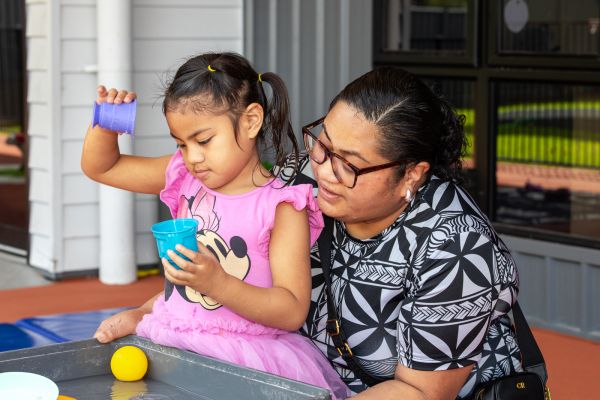
Family experiences
Families have shared distressing accounts of the impact these changes are having:
- Judgement and Manipulation: Parents report being pressured into making life-altering decisions with little understanding or support.
- Inadequate Notice: Service providers like AEIOU were given no warning about the significant funding cuts, leaving them scrambling to adapt and support vulnerable clients.
- Disrupted Lives: Many children are now only able to attend services part-time or are forced to exit AEIOU, attending mainstream settings that lack proper support, often resulting in expulsion or reduced participation.
- Employment Challenges: Parents are quitting jobs and adjusting their lives to accommodate new, often insufficient care arrangements.
- Service and Staff Burnout: Staff at AEIOU and similar organisations face burnout and reduced work hours, leading to detrimental impacts on mental health and service quality. Some other services have even closed due to unsustainable funding cuts.
What can you do?
Families and supporters can take action to ensure the voices of children with autism and their families are heard:
Engage with Your MP: Contact your local Federal MP to share your story and advocate for fair, evidence-based NDIS funding for autistic children (in line with the 2012 Australian Good Practice Guidelines).
Sign the Petition: Support AEIOU’s petition calling for evidence-based decisions and funding for clients who choose to access and stand to benefit from specialised autism services.
Join the PR Campaign: Support advocacy efforts by sharing stories, engaging on social media, and spreading awareness of the critical need for adequate supports.
How AEIOU is responding
AEIOU is actively fighting for the rights and supports that families and children deserve:
- Advocating to Government: AEIOU is in direct discussions with government officials to address the funding cuts and advocate for fair, evidence-based decisions.
- Empowering Families: We are encouraging families to engage with their local Federal MPs to share their experiences and demand action. Some MPs have visited AEIOU centres, met with AEIOU families, and committed to speaking on behalf of these issues.
- Launching a Petition and PR Campaign: We’ve launched a public petition and a media campaign to raise awareness and drive change.
- Adjusting Our Service Model: To help families maintain supports despite funding reductions, AEIOU is adapting our service model, including the introduction of a childcare stream piloted at four centres. This new stream uses our expertise, specialized curriculum, and experience to offer care to as many students as possible in these regions.

A summary:
Amendment |
The problem |
The impact (AEIOU experience) |
| NDIA will consider, decide and tell you if you meet the disability requirements, early intervention or both, creating pathways for those who will benefit from early intervention. | ‘We will tell you’ Meeting disability requirements does not guarantee early intervention. A participant will be ineligible if the decision is made that the support should be funded or provided elsewhere—this determination is made by us, not by medical professionals or allied health practitioners. The Early Childhood Approach suggests that children with support needs can access short-term therapy or supports, which are inadequate for those with higher needs. The approach's examples are unrealistic, given current availability and timeframes. |
Children attending AEIOU must have a diagnosis of Level 2 or 3 Autism Spectrum Disorder. Despite substantial evidence from allied health professionals and pediatricians, NDIS delegates have been making personal judgments that our service is unnecessary for children with very high support needs. |
| Disability requirements have been updated to clarify that a person should only access the NDIS if they require supports which are NDIS supported. NDIS vs mainstream systems should be provided the support. |
If you have evidence of a diagnosis from List A, it's likely you'll meet the NDIS disability requirements. However, obtaining a diagnosis can take up to a year or more, delaying access to crucial early intervention during this critical period. Meeting the disability requirements often implies long-term NDIS dependence, which conflicts with the principles of early intervention and diminishes children’s potential right to timely support. Unfortunately, decisions are often made by delegates and government personnel who may lack adequate education and understanding of the complexities of disabilities and individual needs. |
Children at AEIOU are typically diagnosed with Autism Level 2 or 3, Global Developmental Delay (GDD), ADHD, anxiety, and other conditions, meeting the NDIS disability requirements. However, many children face delays in accessing our services due to lengthy diagnosis processes and funding challenges—approvals can take up to eight months, be denied, or fall short of recommended levels. Many children initially attend mainstream services before coming to AEIOU, often prompted by recommendations from childcare centres to seek a diagnosis. Unfortunately, mainstream services often lack the training, resources, and support needed to cater to the high support needs of autistic children, hindering their individual learning, sensory needs, and strengths. |
| Early Intervention Requirements have been updated to clarify that a person should only access NDIS it they require support—mainstream system is responsible for providing early intervention. | The shift from "reasonable and necessary" supports to NDIS-determined supports is eroding choice, control, and individualised access to essential needs. The NDIA now decides if early intervention is appropriate for a child, even against recommendations from medical professionals. While national guidelines advocate best practice in early intervention, stating that the NDIS should enable access to reasonable and necessary supports with choice and control, this is not the reality many families experience. Mainstream services, such as schools and childcare, often lack the training, resources, and understanding required to support children with disabilities, leading to environments that do not cater to their unique needs. Children are frequently told to mask their differences, which can result in trauma and long-term mental health challenges. Families are often required to provide significant evidence to access early intervention supports. Lengthy wait times for therapists and paediatricians mean that children lose valuable opportunities to benefit from evidence-based early intervention during crucial developmental periods. |
AEIOU is an early intervention service that provides consistent routines and tailored learning opportunities to support children’s development. While NDIS has told families that their children will learn best through peer interactions, AEIOU therapists agree that peers are beneficial. However, it’s often the attitudes and limited knowledge of adults about learning differences that create barriers, not the children themselves. Children who have made significant gains at AEIOU frequently face challenges in mainstream settings, despite being ready to transition. Many can only attend school for limited hours, are repeatedly sent home, or are not allowed to express their differences. Some are even expelled or asked to leave because mainstream environments are not equipped to meet their unique learning and sensory needs. The NDIS has directed families towards mainstream settings, often leading to exits from AEIOU without access to therapy or appropriate learning opportunities. In these environments, staff may lack the resources or training to support children effectively, resulting in families being called to collect their children when they are dysregulated or unable to participate fully. The system's failure to provide tailored supports undermines the progress children have made through early intervention. |


